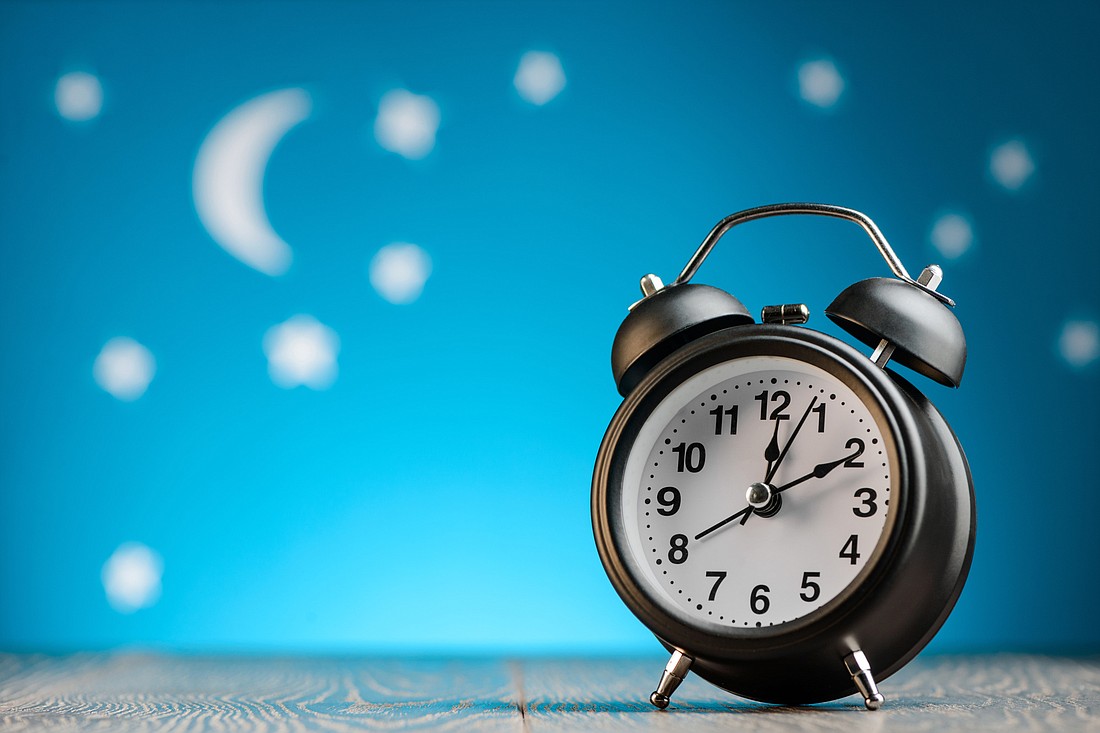- November 21, 2024
-
-
Loading

Loading

Do you long for those days when you could sleep for a solid eight, never getting up to make a trip to the bathroom only to get back into bed and stare at the ceiling for an hour or two? Or, climbed into bed, rolled over on your side, fell asleep without counting back from 100 by 7’s and awoke refreshed instead of crawling to the coffee pot for that early morning jolt of caffeine? And are you growing tired of reading how important sleep is to our well-being, the elixir saving you from all ills yet denied you because of your insomnia, or your destructive late night habits? Join the club and read on.
A Public Health Epidemic
The Centers for Disease Control has declared that insufficient sleep is a public health epidemic. And the United States is not alone in this. It seems that more than a third of adults in developed countries do not get the recommended seven to nine hours of sleep each night. Why is this a defined public health problem? The more scientists have discovered the reasons why we sleep, the more they understand that sleeping is the third leg of the wellness stool — diet and exercise being the other two.
We now know that sleep props up our immune system aiding our bodies in their resistance to diseases as potentially fatal as cancer and heart disease. Psychiatric diseases such as depression and anxiety are amplified by a lack of sleep. Adequate sleep is an important defense against Alzheimer’s disease. And sleep helps us stay slim by regulating hunger hormones. Bottom line: Sleep is the body’s way of enhancing a multitude of functions that keep us healthy in body, mind and spirit. Most scientists studying sleep now concur that adequate sleep is the best thing we can do to stay well.
Have I Convinced You?
No? Please Google “sleep” and select from myriad scientific studies that will. I promise. Those studies, however, do not ease the frustration of those who do not get the recommended 7-9 hours each night and long to do thus. So, where might you start to achieve better, more healthful sleep?
Is Thomas Edison to Blame?
Not really, but the invention of electric lights and before that gas and oil lamps upset the natural order of things (e.g. you sleep when the sun goes down and awake when the sun comes up). We now have all manner of artificial illumination to change when we are motivated to lay our heads down. But, the way our brains perceive light triggers the release of melatonin, the sleep hormone. Melatonin takes a few hours to bring about sleep. The importance of this cannot be underestimated. Matthew Walker in his brilliant book, “Why We Sleep” explains it this way: “The degree to which evening electric light winds back your internal 24-hour clock is important: usually two to three hours each evening, on average.”
Blue Light Not-So-Special
More bad news; blue LED light has an even more deleterious effect on melatonin release than the yellow of incandescent bulbs. And the blue light emitted from electronic sources is even more sleep disturbing. That compounded by other factors — what is known as the “alert” factor of electronic devices — make the use of tablets, phones and other devices further damaging to sleep.
Step No. 1 to better sleep: Limit your use of electronic devices beginning in the late afternoon, use lower lighting in the evening and keep your bedroom dark at night. If you must use electronic devices, invest in yellow tinted glasses, which help filter out blue light, and use them in the afternoon and evening.
Chill Out — Less Alcohol, Less Heat
Hard truth: alcohol is a sedative and sedatives do not create useful sleep. Sedatives affect the brain like anesthesia. Alcohol also causes you to wake up frequently as well as disrupt REM sleeping where much of sleep’s restorative processes occur. Ixnay the alcohol or keep to a very minimum.
As for the temperature in your sleeping quarters, like alcohol, less is more. For a great night's sleep you need to reduce your bodies core temperature by 2-3 degrees (F). Not surprising, melatonin release is also spurred on by a reduction in your temperature — like what happens when the sun goes down. The experts recommend 65 degrees. If that sounds way too cold, start by lowering it incrementally by 3 degrees.
Now that you’re feeling like steps to improve your sleep will thrust you back into the cave, take heart. There are massive technological steps being taken ranging from tying personal sleep data to temperature control in your sleeping quarters or directing the lighting in your home to release melatonin in a more natural sequence.
The chief thing to remember is this: improving sleep is worth it.
Kristine Nickel is a marketing communications consultant and former marketing and public relations executive. For more than 30 years, she has relieved her stress by writing features for publications across the country.